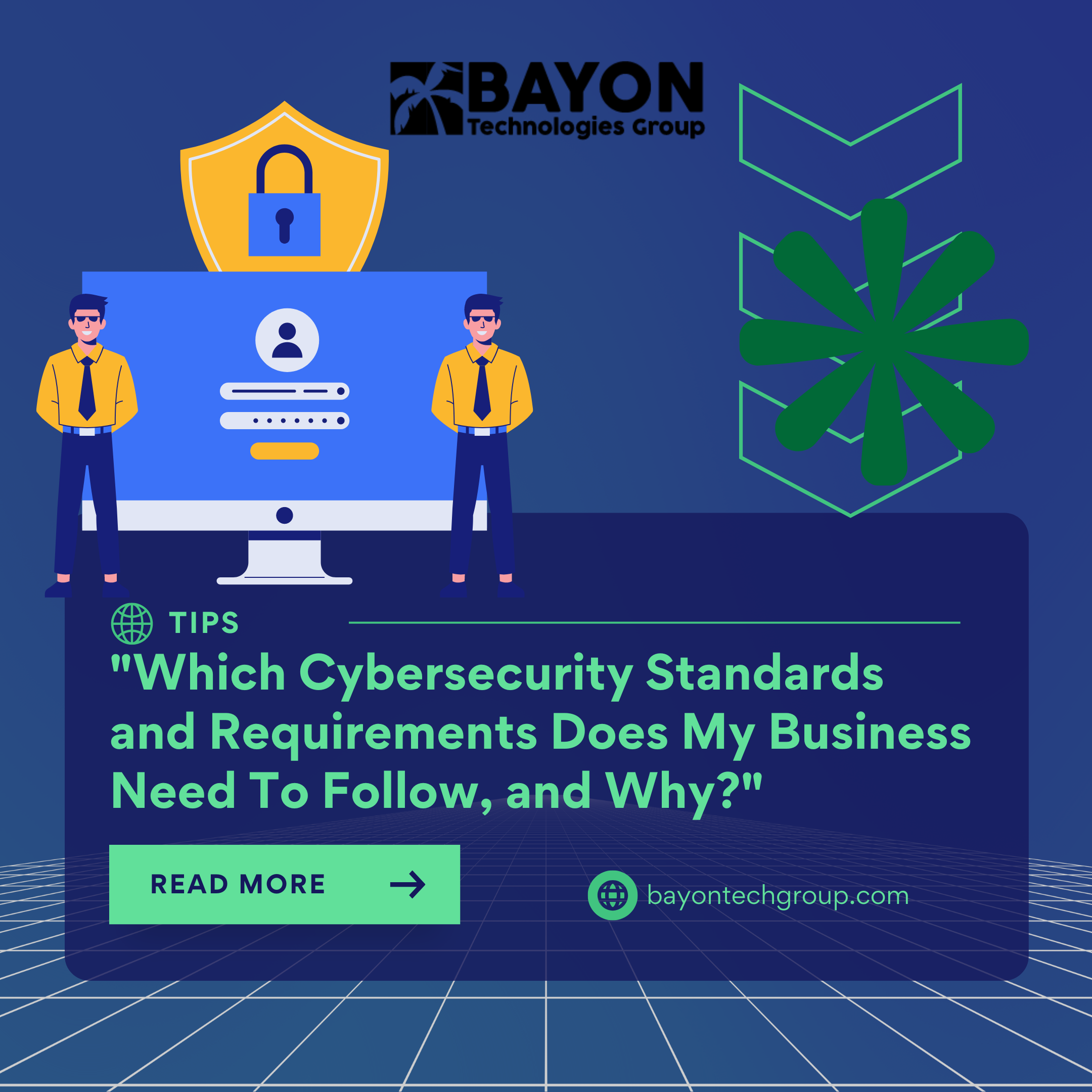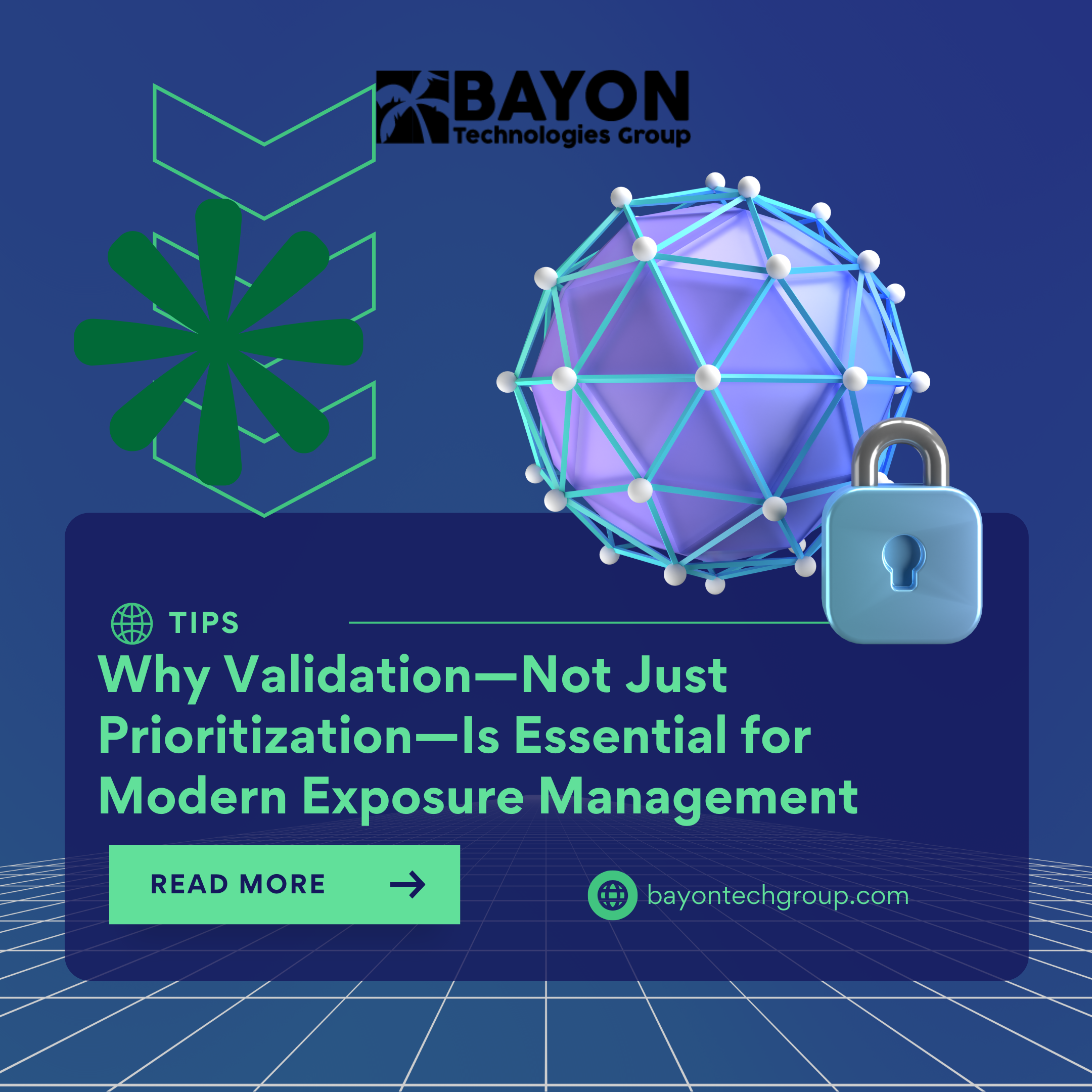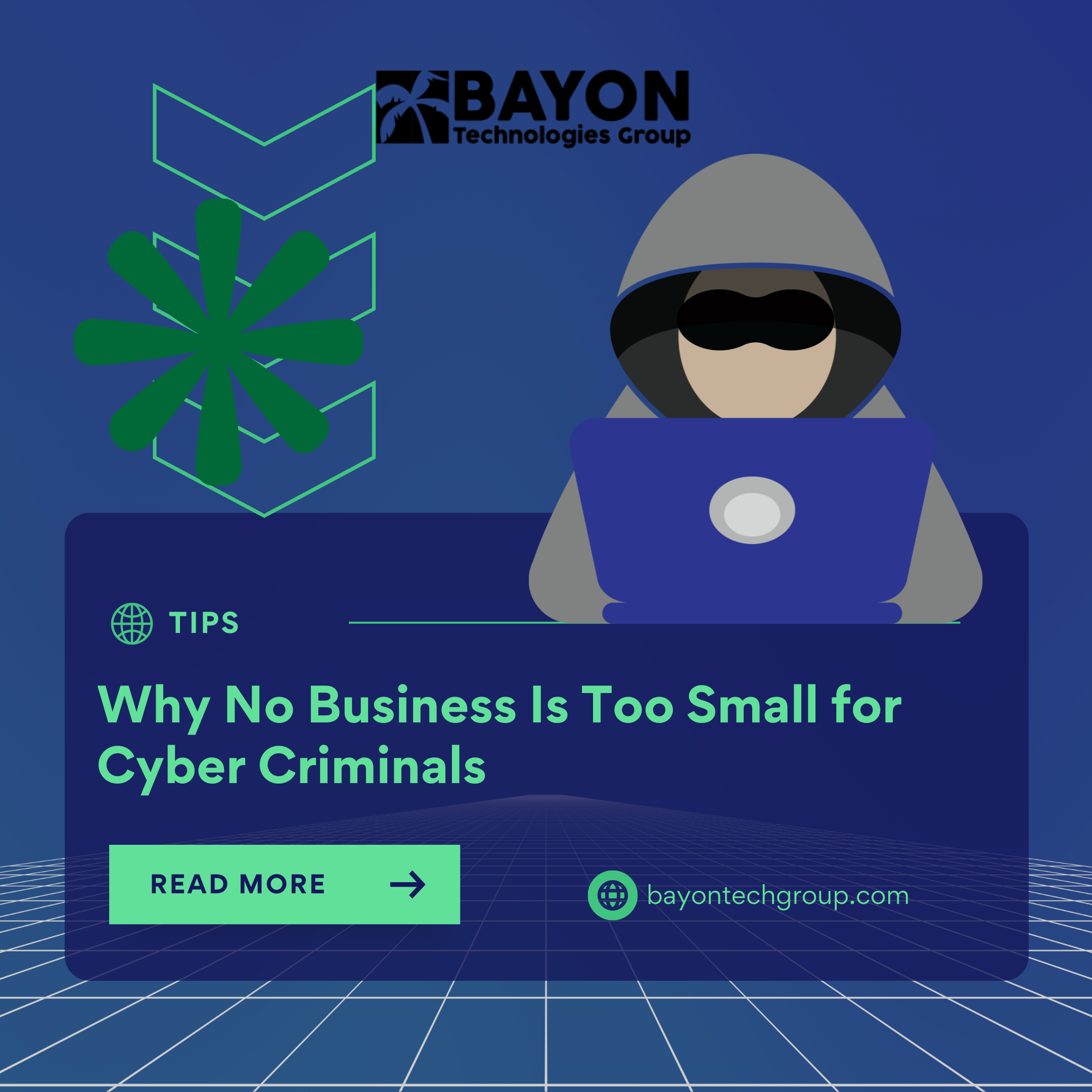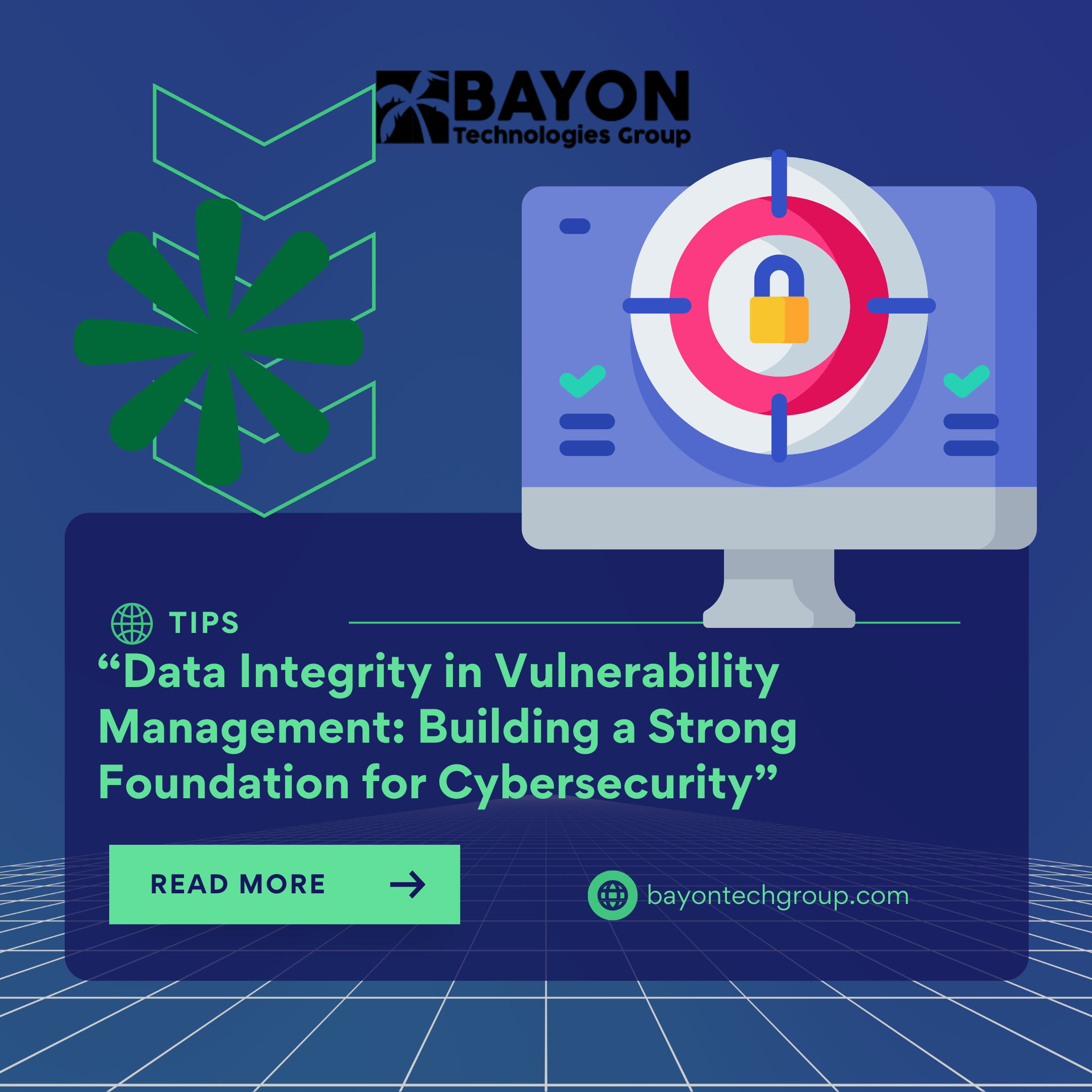“Which Cybersecurity Standards and Requirements Does My Business Need To Follow, and Why?"

In the rapidly evolving digital landscape, cybersecurity has become a critical concern for businesses of all sizes. However, navigating the complex web of legal and regulatory requirements can be challenging. Understanding what your company needs to do to stay compliant is crucial to protecting your business, customers, and reputation. This article breaks down the essential cybersecurity requirements and standards that your company should follow, with insights from recent guidelines and industry practices.
1. The Role of the SEC’s Cybersecurity Guidelines
The SEC’s Cybersecurity Guidelines, effective since September 2023, set the framework for how U.S. publicly traded companies and Foreign Private Issuers (FPIs) must handle and disclose cybersecurity incidents. These guidelines mandate that companies must report material cybersecurity incidents within four business days after determining their significance. The disclosures must include details about the nature, scope, timing, and impact of the incident on the company’s operations and financial health.
Why It Matters:
- Transparency: Ensures that investors and stakeholders are informed about significant cybersecurity risks.
- Accountability: Encourages companies to implement robust cybersecurity measures and respond effectively to incidents.
2. Defining 'Material' Cybersecurity Incidents
One of the significant challenges companies face is determining whether a cybersecurity incident is “material.” The Supreme Court has provided guidance, suggesting that materiality depends on whether a reasonable investor would consider the information important to their decision-making process. This requires companies to assess each incident’s potential impact on operations, finances, and brand reputation carefully.
Key Considerations:
- Impact on Business: Evaluate how the incident affects daily operations and long-term objectives.
- Financial Implications: Consider both immediate and future financial impacts.
- Reputation: Assess how the incident could influence public perception and customer trust.
3. Addressing Concerns Over Disclosure
Many companies worry that disclosing cybersecurity incidents might expose sensitive information or invite further attacks. However, the SEC guidelines clarify that companies are not required to reveal technical details that could compromise security. Instead, disclosures should focus on the overall impact of the incident.
Best Practices:
- Balanced Disclosure: Provide sufficient detail to inform stakeholders without compromising security.
- Timely Reporting: Ensure disclosures are made within the required timeframe to avoid regulatory penalties.
4. Relevance for Private Companies
While the SEC guidelines are designed for public companies, private companies should also take note. Public companies often rely on smaller third-party vendors, and a cyberattack on any part of the supply chain can have serious consequences. Moreover, private companies that plan to go public will need to ensure they meet these regulatory requirements.
Benefits for Private Companies:
- Risk Mitigation: Adopting these standards can help prevent negligence claims.
- Preparation for Public Offering: Ensures your company is ready for the regulatory requirements of going public.
- Enhanced Security: Implementing these practices strengthens your overall cybersecurity posture.
5. Practical Steps to Enhance Cybersecurity
To protect your business from cyber threats, consider implementing the following steps:
- Board Involvement: Ensure that your board of directors is knowledgeable about cybersecurity risks and actively involved in oversight.
- Appoint a CISO: Designate a Chief Information Security Officer (CISO) to lead your cybersecurity strategy.
- Regular Training and Testing: Provide ongoing training for employees and conduct regular tests of your cybersecurity framework.
- Third-Party Assessments: Conduct neutral third-party assessments to evaluate and improve your cybersecurity measures.
- Supply Chain Security: Extend your cybersecurity policies to all vendors and affiliates to ensure comprehensive protection.
Conclusion
Navigating the complexities of cybersecurity compliance is essential for protecting your business from evolving threats. By understanding and implementing the SEC guidelines, and adopting best practices tailored to your company’s needs, you can strengthen your cybersecurity posture and safeguard your operations. Whether your company is public or private, proactive cybersecurity measures are key to ensuring long-term success and resilience.
For more information on how to protect your business with comprehensive cybersecurity solutions, [contact Bayon Tech Group](https://www.bayontechgroup.com/view-all-services).
‹ Back







